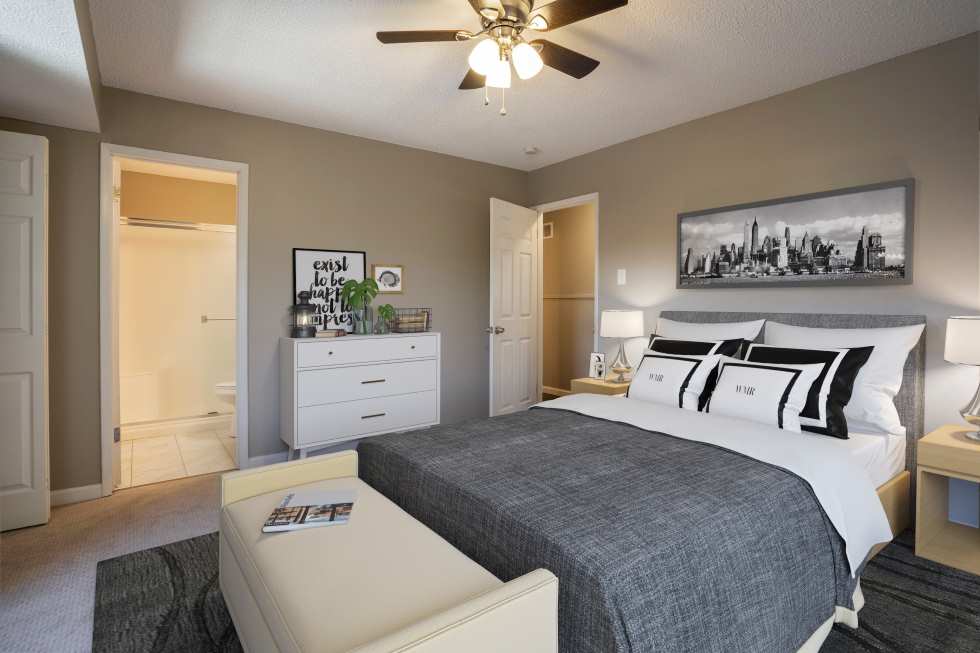Have you ever considered investing in a furnished holiday let (FHL) property? It’s certainly an appealing prospect for an investment. Properties in popular locations can command an impressive rental income during the peak holiday season.
If this is part of your plan, you should consider the tax implications around ownership and understanding the difference to a ‘traditional’ rental property.
What qualifies as a Furnished Holiday Let (FHL)?
Firstly, the property must be located in the UK or EEA, it must be furnished and it must be let commercially i.e. to make a profit for the owner. It must also meet the following three criteria;
- It must be let for at least 105 days within the tax year (or accounting period if this is different)
- It must be made available to let for at least 210 days within the tax year (or accounting period)
- It must not be let by the same person continuously for more than 31 days – and if it is, the total number of days that it is let as a continuous let should not be more than 155 days in total within the tax year or accounting period.
If in the event that the FHL met the criteria in one tax year, but not in the next year or even the next two tax years, there are certain concessions and elections that can be made to ensure the FHL status remains.
Income Tax
- If the FHL business qualifies by meeting the above criteria, you are entitled to claim tax relief on Capital Allowances items like furniture, fixtures and equipment (including some inbuilt systems e.g. heating and electrical systems).
- If a mortgage has been used to acquire the property, then the finance costs restrictions, which restrict the total mortgage interest and finance costs which are claimable as an expense for normal rental properties, do not apply.
- The profits of an FHL also count towards the Adjusted Net Income for the owner’s personal pension contribution allowance purposes, unlike traditional rental income.
Even if the overall position is a loss, the income should be reported to HMRC on a self-assessment tax return.
Expenses
When compiling the tax return there are a number of expenses that can be offset against the income to reduce your taxable profit (depending on the level of service provided), including but not limited to;
- Advertising costs
- Agency fees
- Cleaning and laundry costs
- Council tax or Business Rates (if applicable)
- Gardening and maintenance
- Utilities (water, electricity and gas)
- Supplies of items for guests on arrival (tea & coffee, biscuits)
If you realise a loss for the year then this cannot be offset against other income, but it can be carried forward to offset against future profits of the same FHL business.
Capital Gains Tax (CGT)
Before selling a FHL, you should seek tax advice, as there are likely to be consequences in terms of CGT.
When a qualifying FHL is sold, Rollover Relief could be available to defer the gain if you re-invest the proceeds in another qualifying asset.
Another tax relief to consider is Entrepreneurs Relief, which should also be available if the relevant qualifying criteria are met to reduce the rate of CGT to 10% on any chargeable gain.
As of 6 April 2020 new CGT reporting rules came into force for the sale of residential property in the UK. This means the gain must be reported and tax paid within 30 days of completion of the sale and you can read more about this here.
We also have an article about the changes to CGT and Private Residence Relief you might find useful ro read here.
Stamp Duty Land Tax (SDLT)
If you purchase any additional property on top of your main residence, this will incur SDLT at higher rates (an additional 3% on top of standard rates), which is often an unwelcome surprise.
Inheritance Tax (IHT)
When it comes to IHT reliefs, it becomes more of a grey area with FHLs because although the business is treated as a trade for Income Tax purposes, it is not seen as trading income for IHT purposes. Inheritance Tax ‘Business Property Relief’ is therefore generally not available to reduce the value of your estate. Of course, there are exceptions, however the level of service provided to guests needs to be involved and similar to that of a hotel for it to qualify, but this may still face challenge by HMRC.
Value Added Tax (VAT)
For VAT purposes, the making available of a holiday let which is similar to a hotel/guest house is a taxable supply. Accordingly, if the turnover of the business exceeds £85,000 (which is the VAT registration threshold), then you would be required to register for VAT and charge (or at least account for) 20% VAT on the income.
It is worth noting that owners who are already registered by other means, such as another business, may have to charge VAT from the outset.
Being VAT registered will mean you can recover the VAT on some of your costs, but is a sensitive matter when it comes to pricing.
For further advice please contact a member of our tax team on tax@randall-payne.co.uk or call 01242 776000 and one of the team will call you back.


